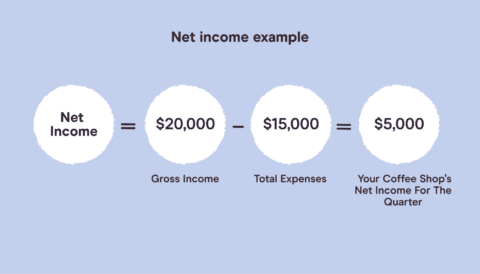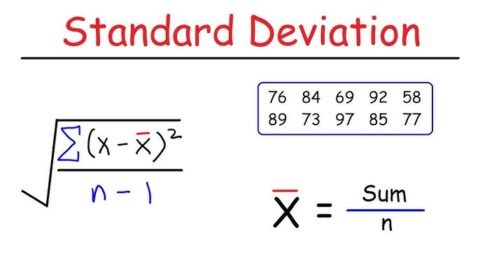The Day Linear Algebra Saved My Internship
I used to joke that I became a programmer just to dodge calculus. Then a summer gig threw me onto a computer-graphics project. One afternoon my mentor asked, “Can you whip up a rotation matrix by 3 p.m.?” My blank stare said it all. Cue a frantic lunch break with Khan Academy, a napkin, and lots of coffee. Guess what? Math saved my code (and my GPA).
So, does computer science require math? Short answer: yup—but not the terrifying kind you’re picturing. Let’s unpack that with some real talk, fresh anecdotes, and a pinch of sarcasm.
Speed-Run FAQ (Read Before You Rage-Quit)
| Question | Brutally Honest Answer |
|---|---|
| Can I code without math? | You can write CRUD apps, sure. But algorithms, AI, and graphics? Math party time. |
| What level of math is mandatory? | Discrete structures, basic stats, and a sprinkle of linear algebra. Calculus appears but rarely dominates. |
| Hardest formula I’ll bump into? | Probably O(n log n) while optimizing quicksort—or a sigmoid in neural nets. |
Where Math Sneaks Into CS (and Why You’ll Survive)
Algorithms & Data Structures
Big-O analysis feels abstract until your app lags.
Quick tip: Treat it like gym reps—tiny daily practice beats cramming before finals.
Cryptography
Modular arithmetic and prime factors keep your Venmo balance safe.
You won’t hand-factor 2048-bit keys; you will need to grok why salting hashes matters.
Machine Learning & AI
Linear algebra = vectors + matrices + dot products.
Stats = mean, variance, probability. My hack: visualize tensors as layered Lego blocks.
Computer Graphics & Gaming
Trig turns controller input into smooth camera movement.
Remember my rotation-matrix panic? Now it’s muscle memory.
Compilers & Formal Languages
Automata theory uses set notation and proofs.
Feels theoretical—until you debug a regex gone wild.
Pull Quote:
“Code is just math wearing a hoodie.” – My under-caffeinated brain, second year of uni
Real-World Math Moments from Friends & Fails
Audrey (Backend Dev)—Optimized SQL queries after realizing Cartesian products = unwanted cross-joins.
Marc (Data Scientist)—Swears by Bayes’ theorem to flag credit-card fraud.
Me (Again)—Wrote a physics engine for a game jam. Without vectors? Characters fell through the floor. Oops.
How Much Math Each CS Specialization Uses
| Track | Core Math | Survival Tip |
|---|---|---|
| Web Dev | Discrete math, light stats | Use Lighthouse audits to see perf gains—math in disguise. |
| AI / Data | Linear algebra, calculus, probability | Numpy is your calculator; still know what a gradient is. |
| Cybersecurity | Number theory, combinatorics | Practice CTFs; the math sticks when you pop shells. |
| Graphics / AR | Trig, matrices, vector calculus | ShaderToy = free playground for math art. |
I’m Math-Anxious—Now What?
Learn Just-In-Time: Need matrices? Do a 30-minute crash course, then implement.
Visual Tools: Desmos, GeoGebra, or Jupyter notebooks turn symbols into shapes.
Pair Programming: Explain code aloud; you’ll spot fuzzy math gaps instantly.
Non-Linear Wrap-Up
Instead of a tidy conclusion, here’s a dare: Open your last project, find one slowdown, and ask “Which math concept could speed this up?” Maybe it’s logarithms in a search, maybe vectorization in NumPy. Either way, math is the secret sauce you didn’t know you were already sprinkling.
Ready for a Nerdy Deep Dive?
If you’re curious how Fourier transforms compress your Spotify stream—or why hash tables love prime numbers—tell me in the comments. I live for that stuff.


